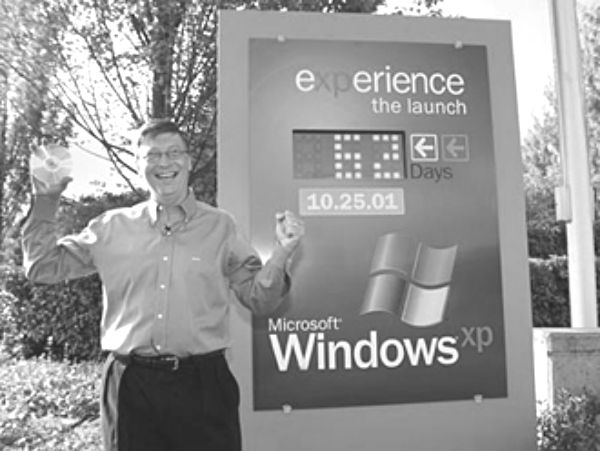In Microsoft’s (MSFT) next-to-last opportunity to fix security flaws in Windows XP, its venerable, 12-year-old operating system, the vendor is set to release five security updates to users on Patch Tuesday, March 11, less than a month before it closes down support for the OS on April 8.

In Microsoft’s (MSFT) next-to-last opportunity to fix security flaws in its 12-year-old Windows XP operating system, the vendor is set to release five security updates to users on Patch Tuesday, March 11, less than a month before it closes down support for the OS on April 8.
Four of the five impending security updates affect Windows XP. The April 8 end support date also corresponds to the last day Microsoft will ship patches for known security vulnerabilities for the XP operating system, a decision the vendor acknowledges could expose millions of users still deploying the platform to a heightened level of hacker attacks.
"After April [2014], when we release monthly security updates for supported versions of Windows, attackers will try and reverse-engineer them to identify any vulnerabilities that also exist in Windows XP," Tim Rains, Microsoft Trustworthy Computing group director, told ComputerWorld. "If they succeed, attackers will have the capability to develop exploit code to take advantage of them."
Microsoft typically supports its earlier OS versions for 10 years but Windows XP’s massive installed base may have prompted the vendor to extend security and technical support well beyond its standard cutoff date. The OS pre-dates Windows 7, Windows 8 and Windows 8.1.
Even at this point, Windows XP still commands a 29 percent stake worldwide of installed operating systems, with Windows 7 owning the market with a 48 percent share—more than four times the combined portions of Windows 8 and Windows 8.1, according to NetMarketShare’s Q1 2014 data to date.
ComputerWorld figured that XP’s market share represents nearly 500 million PCs in use globally, a staggering amount. So it’s safe to say XP isn’t going anywhere soon, making Microsoft’s decision to stop support for the platform and open it up to malware attacks a little less understandable. One would think that by exposing a large segment of the Windows ecosystem to infection, Microsoft would be compromising its overall security profile.
Still, in retiring the stalwart XP, Microsoft stands to gain more business from OEMs replacing the OS with new machines running Windows 8.x. And, inasmuch as its Windows 8.x market share has barely move northward, removing XP support could smooth the path for a stronger rate of adoption of the newer platform.
About the Author(s)
You May Also Like


